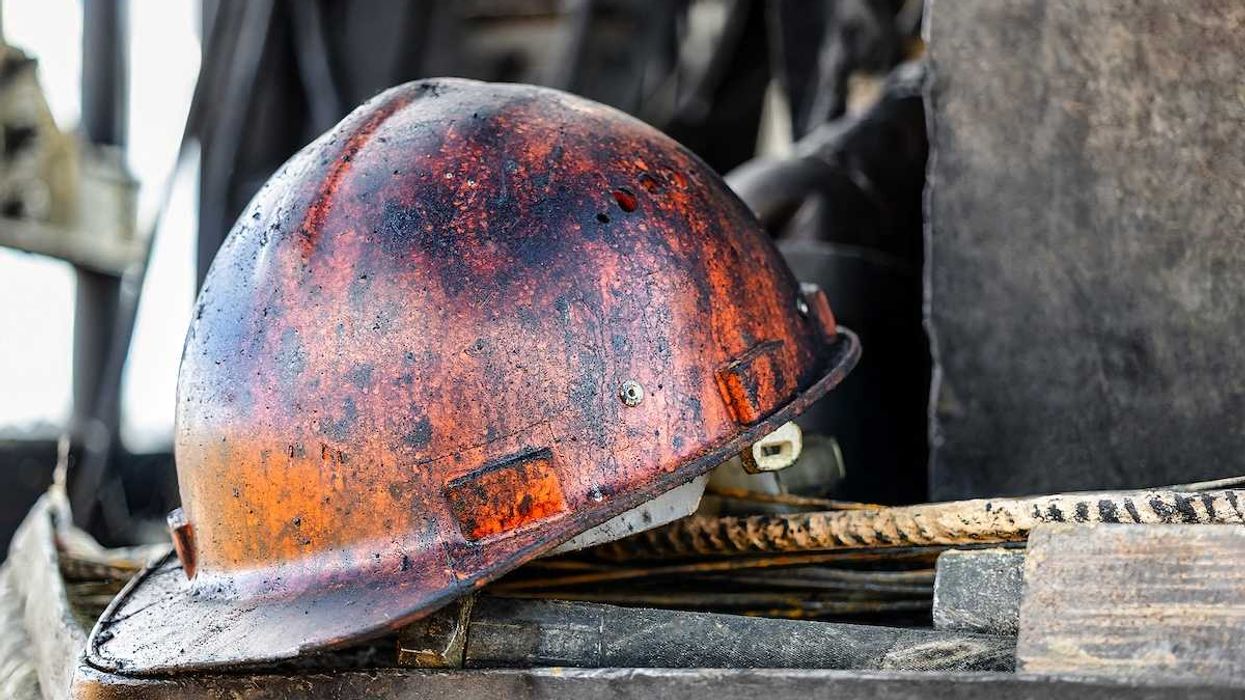The National Institutes of Health (NIH) will fund new research on how toxic chemical exposure from the 2023 train derailment in East Palestine, Ohio, may affect community health in the years ahead.
Nathaniel Weixel reports for The Hill.
In short:
- NIH will invest up to $10 million over five years to study both short- and long-term health impacts of chemical exposure in East Palestine and nearby areas.
- The derailment and fire released over a million pounds of vinyl chloride, a known carcinogen, during a controversial controlled burn intended to prevent an explosion.
- Residents reported headaches, skin rashes, eye irritation, and breathing issues soon after the incident, raising fears about lasting impacts on respiratory, immune, and mental health.
Why this matters:
When hazardous chemicals like vinyl chloride are burned and released into the air, they don’t just disappear. These substances can linger in soil, water, and bodies for years. Vinyl chloride is linked to liver and other cancers, and the people exposed in East Palestine — including children — may now face elevated health risks for decades. Events like this also expose the limitations of emergency response systems and how quickly decisions, like the “vent and burn” strategy, can shift long-term public health outcomes. Many residents live in areas already vulnerable to pollution. Long-term health monitoring could provide critical data on how industrial disasters affect real communities and inform future environmental health policies.
Related: Displaced and distraught: East Palestine remains at risk and without answers














